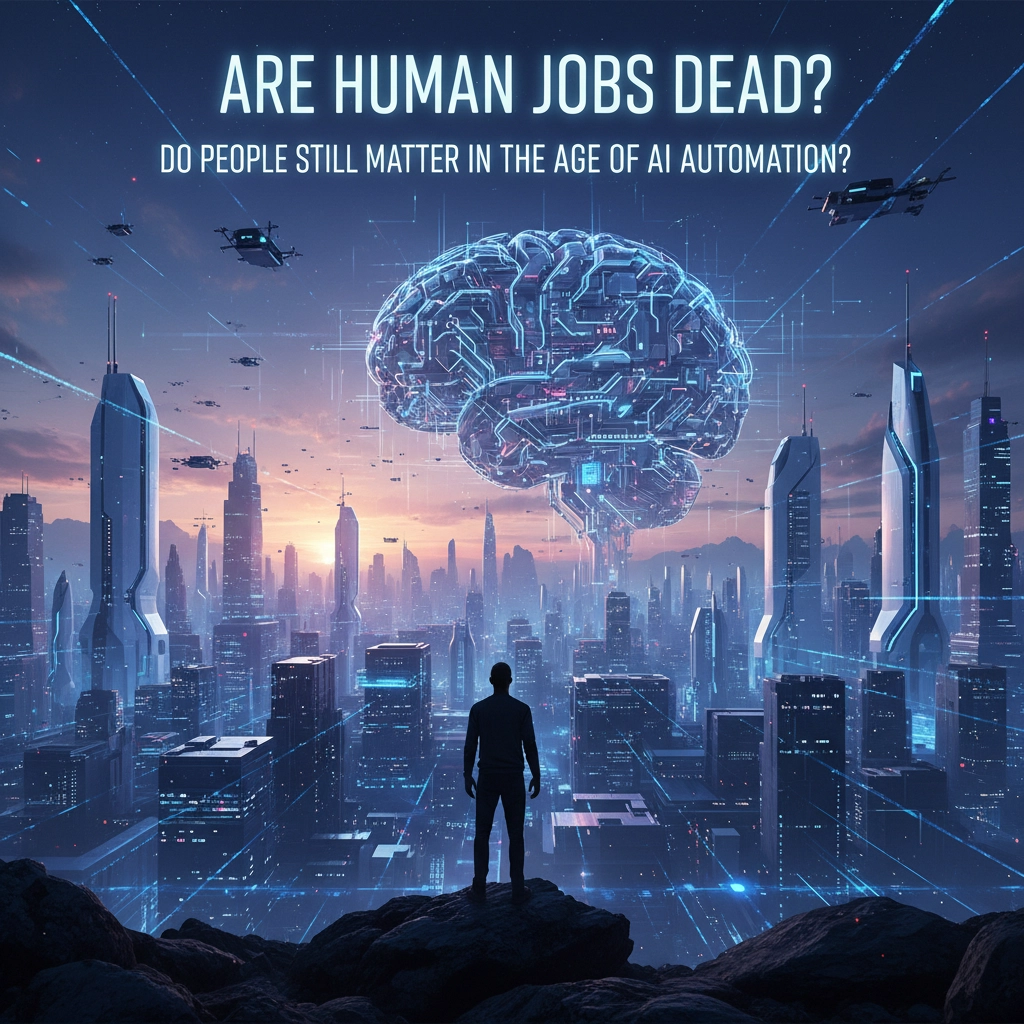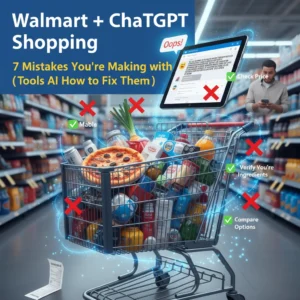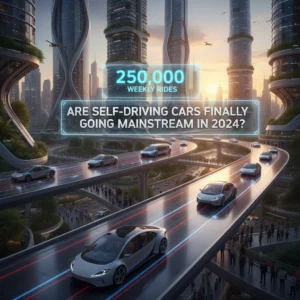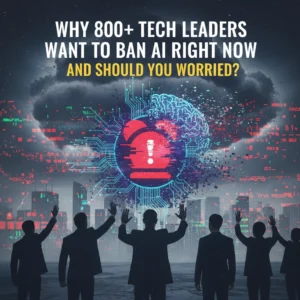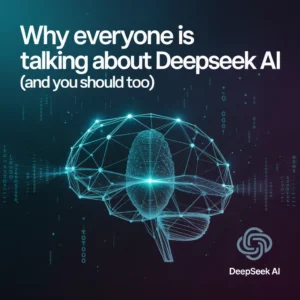Remember when your grandparents worried that computers would steal everyone's jobs? Well, they weren't wrong, they just got the timeline a bit off. Today, we're facing the same question with AI automation jobs, but this time it's not just a distant possibility. It's happening right now.
Here's the thing that'll surprise you: human jobs aren't dead, but they're definitely not the same anymore. While AI is reshaping the job market at breakneck speed, the reality is way more complex than the doom-and-gloom headlines suggest.
The Numbers Don't Lie (But They Don't Tell the Whole Story)
Let's start with the scary stuff first. By 2030, we're looking at 92 million jobs potentially getting automated worldwide. That's a massive number that'd make anyone's stomach drop. Goldman Sachs even threw out the figure of 300 million full-time jobs potentially being replaced by AI. In the US alone, nearly half of all workers could see their roles threatened by job displacement AI over the next decade.
But here's where it gets interesting. While 92 million jobs might disappear, 78 million new ones are expected to pop up during the same period. In developed countries, AI and tech are projected to create 11 million jobs while wiping out 9 million. So we're not looking at a job apocalypse, we're looking at a massive career shuffle.
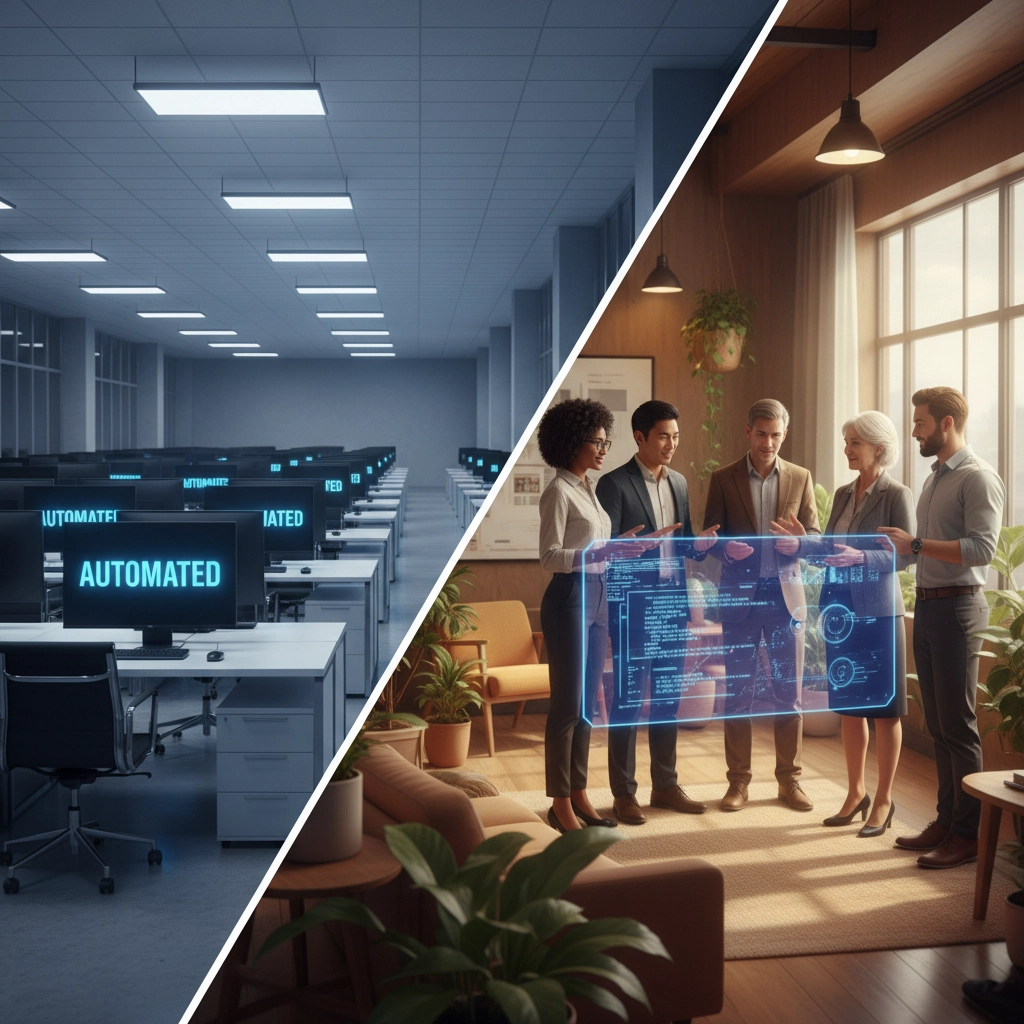
The catch? This transition won't be smooth or fair. About 40% of employers are already planning to shrink their workforce where AI can take over. That means real people are losing real paychecks while new opportunities slowly emerge elsewhere.
Which Jobs Are Actually at Risk Right Now?
If you're wondering whether your job is safe, the answer depends on what you do all day. The future of work is brutal for routine, repetitive tasks. Data entry clerks are getting hit the hardest, we're talking about 7.5 million positions vanishing by 2027. That's the biggest single job loss across all professions.
Here's who else should be worried:
- Administrative assistants and secretaries
- Accounting clerks and bookkeepers
- Cashiers and retail workers
- Call center operators
- Customer service reps
- Warehouse workers
But here's the plot twist: it's not just blue-collar jobs anymore. College-educated workers earning up to $80,000 annually are actually among the most vulnerable. AI can now handle data analysis, basic programming, and customer service tasks that used to require specialized training.
The geographic divide is real too. About 60% of jobs in wealthy countries face automation risks, compared to just 26% in poorer nations. Why? Richer countries can actually afford to implement AI systems at scale.
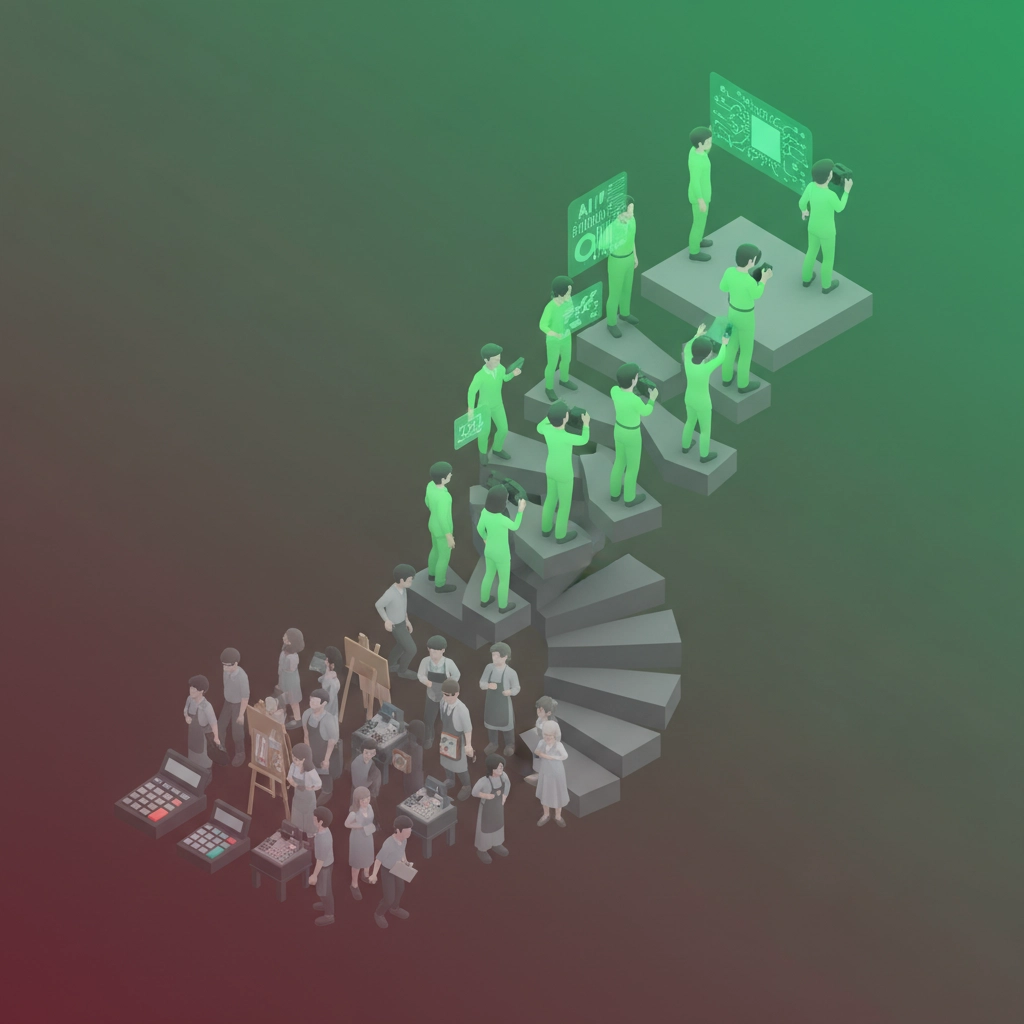
What Humans Do That AI Can't (Yet)
Before you start panicking, let's talk about what makes humans irreplaceable. Despite all the hype about AI taking over, there are still things we do better than machines, and probably always will.
Creative problem-solving tops the list. When a customer has a weird complaint that doesn't fit any script, they need a human who can think outside the box. When a project hits an unexpected snag, you need someone who can improvise and adapt on the fly.
Complex decision-making is another human superpower. AI can crunch numbers and identify patterns, but making ethical choices or weighing competing priorities? That's still our territory. A machine might tell you the most efficient way to lay off employees, but it can't factor in the human cost or find creative alternatives.
Human relevance AI discussions often miss this key point: emotional intelligence isn't going anywhere. Building relationships, reading between the lines, and understanding what people really need, these skills become more valuable as everything else gets automated.
My friend Sarah works in HR and thought she'd be out of a job when AI recruiting tools started popping up everywhere. Instead, she found herself busier than ever. While AI screens resumes and schedules interviews, she handles the complex stuff, mediating conflicts, coaching managers through difficult conversations, and making those tough judgment calls about company culture fits.
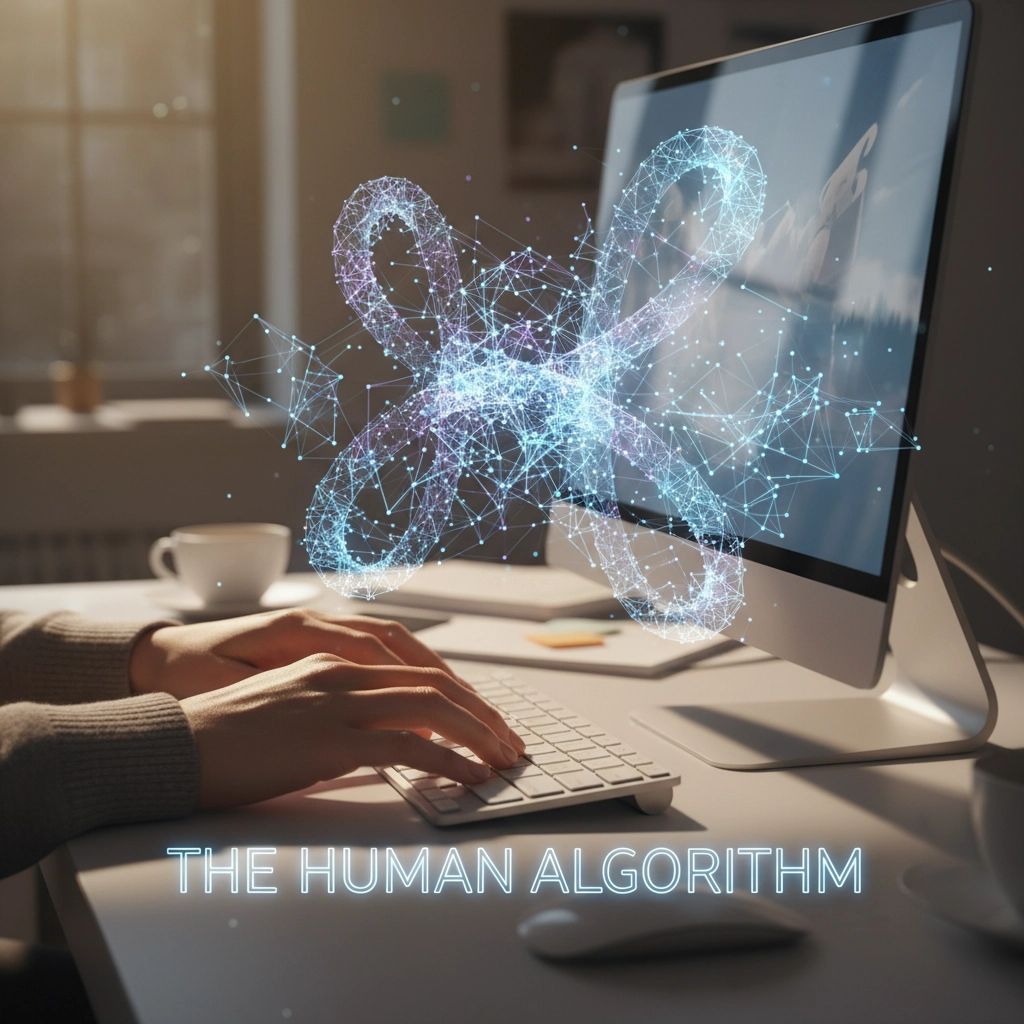
The Real Timeline for AI Automation Jobs
Here's some breathing room for you: this isn't happening overnight. McKinsey estimates it'll take at least 20 years to automate just half of current work tasks worldwide. That's not because the technology isn't ready, it's because the real world is messy.
Legal barriers slow things down. Companies can't just fire everyone and replace them with robots without dealing with labor laws, union contracts, and regulatory compliance. Political resistance matters too. When automation threatens entire communities, politicians tend to step in.
Economic factors play a huge role. Implementing AI systems costs money upfront, and companies need to see clear returns on investment. Social acceptance takes time, customers still want to talk to humans for complex issues, and many businesses know that rushing to full automation can backfire.
The tech future 2025 won't look like science fiction movies. Instead, we'll see gradual integration where humans and AI work together. Think of it less like replacement and more like partnership, AI handles the routine stuff while humans focus on strategy, creativity, and relationship-building.
This timeline gives us something precious: time to adapt. Workers can retrain, companies can adjust their strategies, and society can figure out how to manage this transition without leaving millions of people behind.
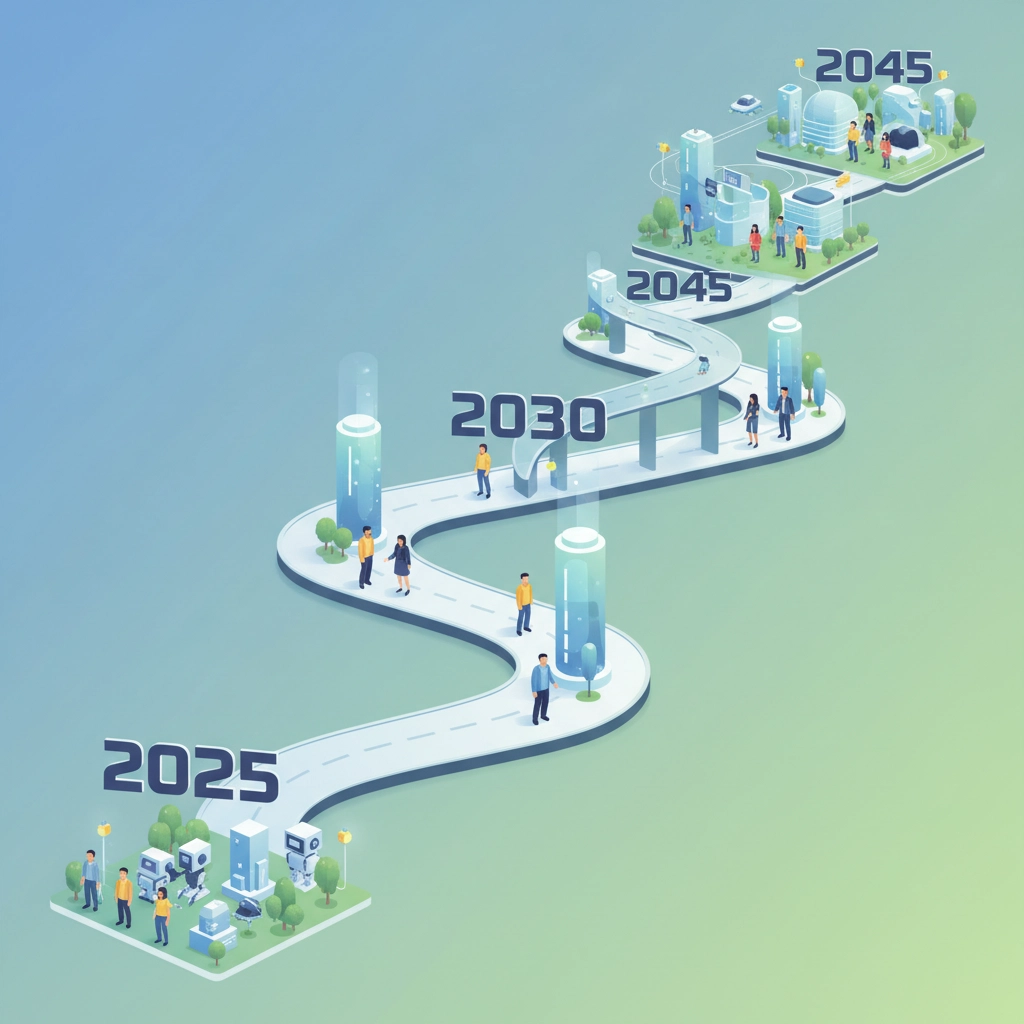
The truth about human jobs in the AI era isn't black and white. Yes, millions of positions will disappear, but millions more will emerge. The workers who thrive will be those who embrace the collaboration between human creativity and AI efficiency.
We're not becoming obsolete: we're evolving. The question isn't whether people still matter (we absolutely do), but how quickly we can adapt to a world where our most valuable skills are the ones that make us uniquely human.
What skills are you developing today to stay relevant in tomorrow's AI-powered workplace?

